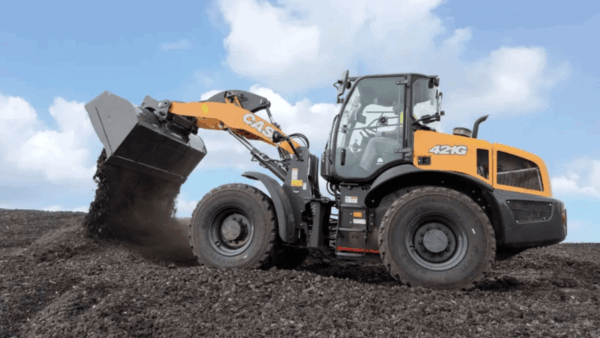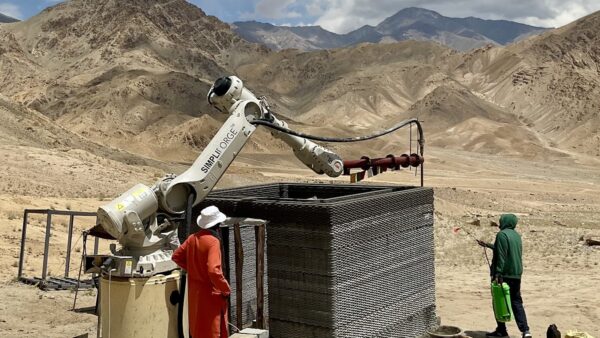Munich start-up Kewazo has created a robot that it says can reduce on-site labour costs for scaffolding by 33%.
The company says more than 80% of scaffolders’ time is spent moving elements from one part of a site to another. The robot aims to make assembly more efficient by delivering the parts to the workers where and when they need them.
According to Kewazo this ability to deliver poles by robot saves 33% on labour costs and knocks 42% off the time required to erect the scaffold. This is particularly significant given construction’s periodic labour shortages, and the low productivity of the industry in general.
The use of a robot would also reduce the risk of an accident and avoid the effect of continual lifting on workers’ long-term musculoskeletal health.
Kewazo’s robot uses the scaffolding to move up, down and along a building with its loads, it can “see” its surroundings, and it can plan its journey to the workers who need the poles using a path-finding algorithm, and this can be refined using machine-learning, so the robot builds up a better picture of how its human co-workers operate.
The company says its technology could be applied to other areas such as bricklaying, roofing and painting.
The firm has partnered on the project with German semiconductor maker Infineon Technologies.
The company was founded by Sebastian Weitzel, a former student at the Technical University of Munich. It employs two hardware engineers, two software engineers, a civil engineer and a business administrator, all of whom are in their 20s. According to Weitzel, the company expects to sell more than €40m of robots by 2022.
Images courtesy of Kewazo










